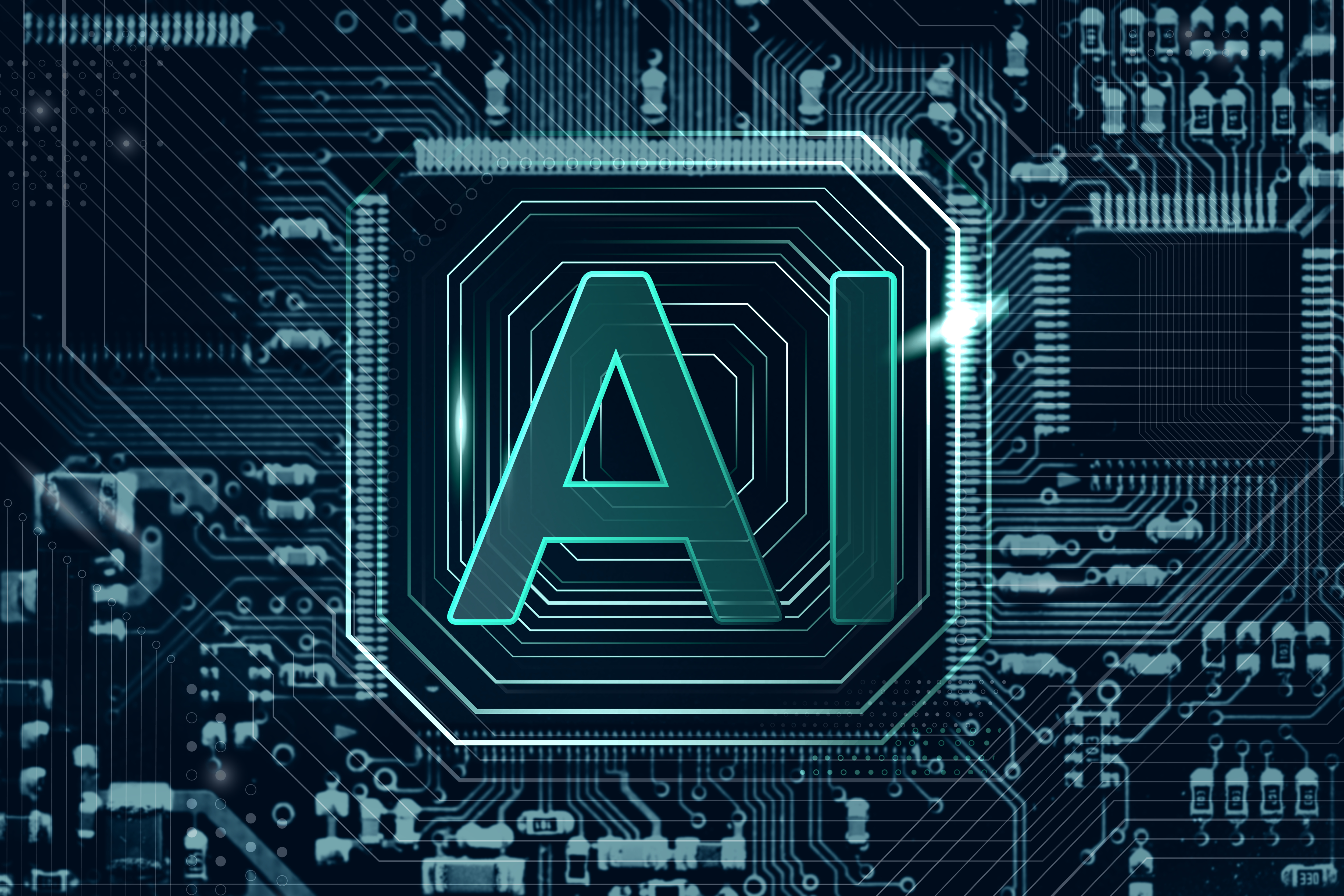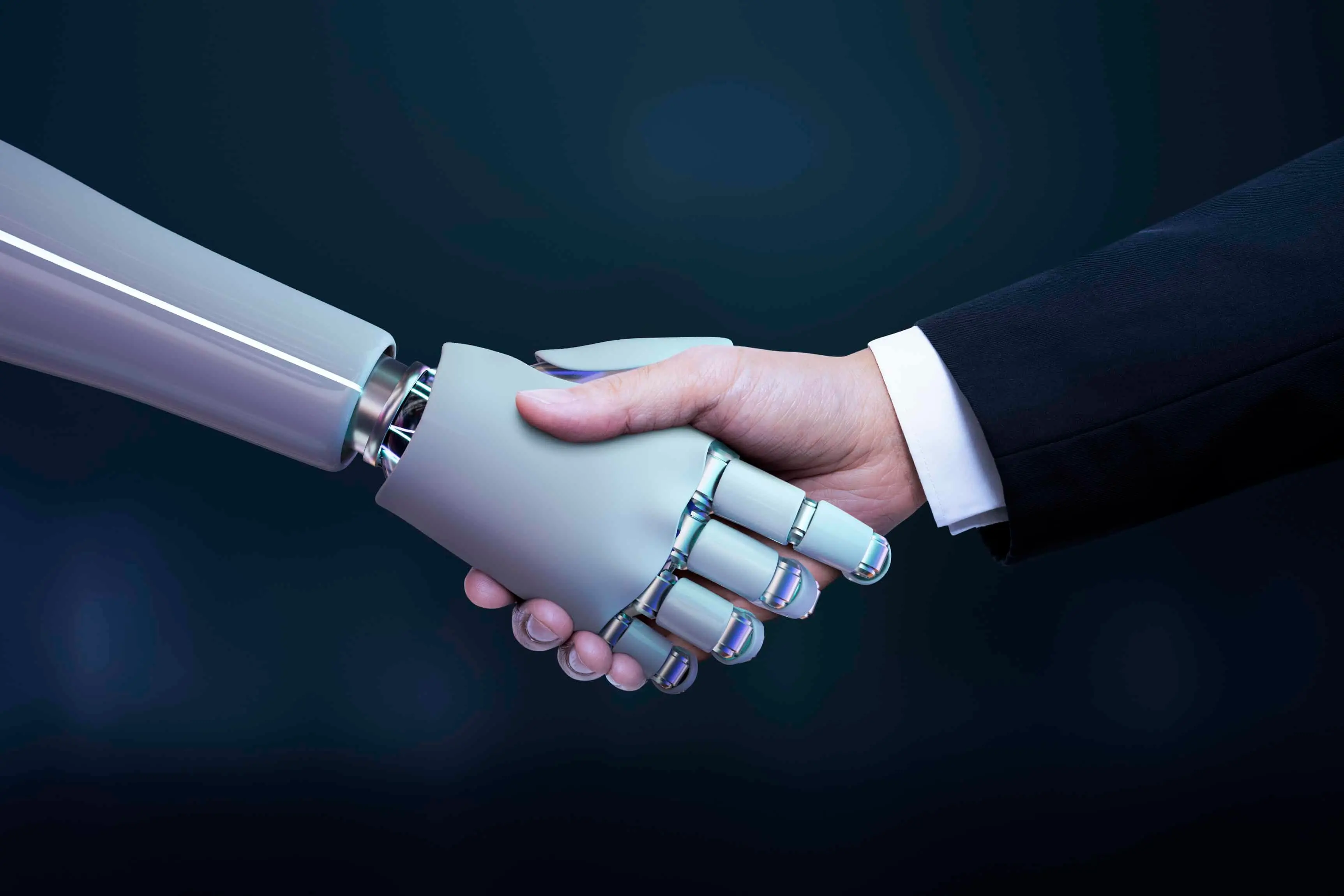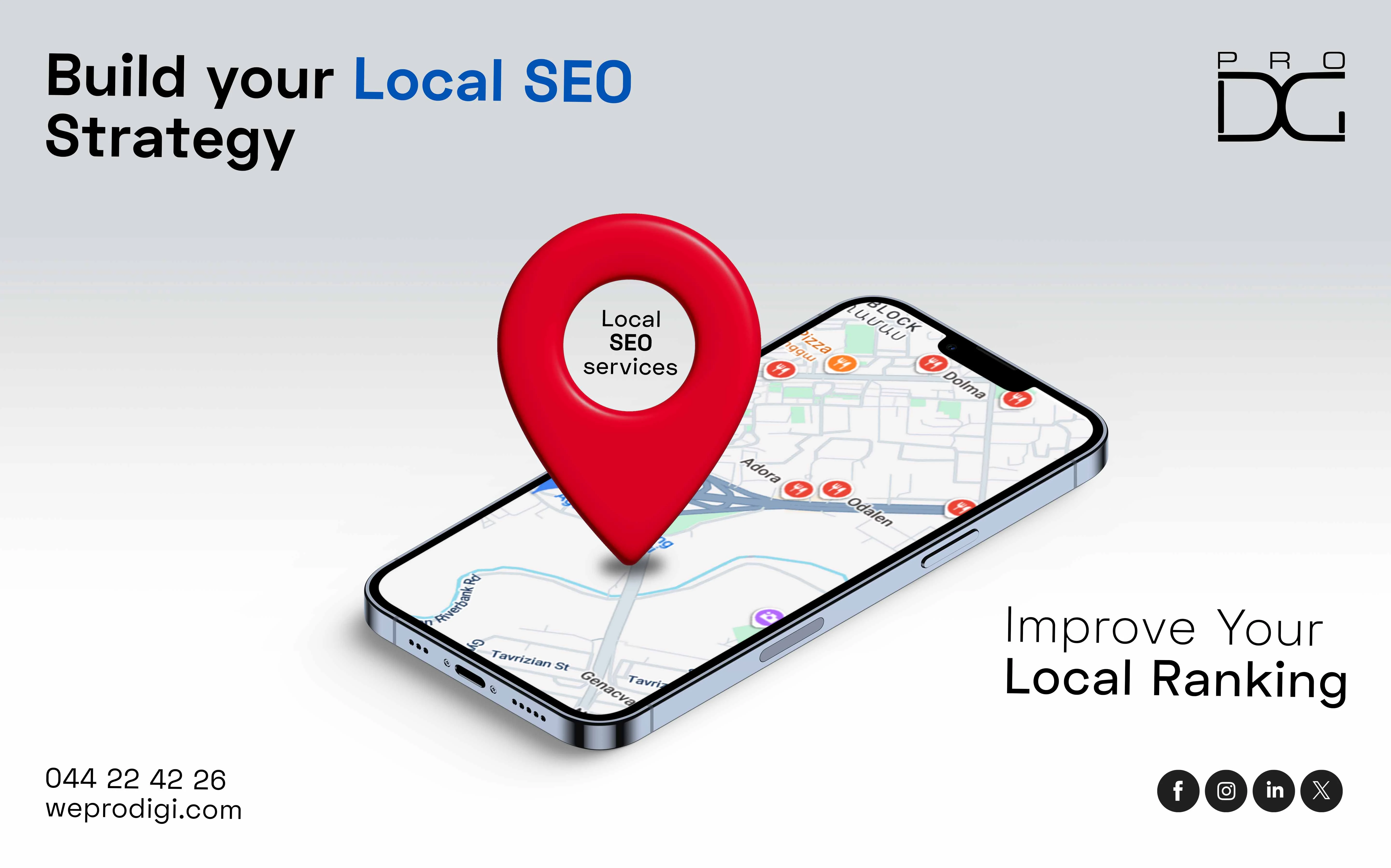Before we discuss key areas of AI tools in digital marketing, let’s update our memory about what they do.
As we know, with AI tools, marketers can
- analyze customer behavior,
- predict outcomes,
- automate marketing tasks,
- create personalized marketing content.
These are the key responsibilities of AI in digital marketing. Indeed, it can provide much more action because it is being improved daily. AI tools help automate repetitive marketing tasks. This is another benefit of it. Let's be honest! Who doesn't need to complete their tasks faster at work? Almost everyone needs it. We can conclude that time management can also be considered a key area of AI tools. But it’s in general. Now, let’s get back to marketing.
The key areas of AI tools in digital marketing are
- personalization,
- customer insights and data analysis,
- automated digital campaigns,
- content creation and management,
- customer service and engagement.
Now, we’ll explore these points more correctly.

Personalization
Why do brands need personalized customer experiences? It’s attention-grabbing in the first place. This fact makes it a crucial part of competitive advantage. With this method, the brand tries to show care to its consumers. Personalization has become a source of customer engagement. It allows consumers to feel special in the infinite digital world.
Who wouldn’t like that?
This process is more complex than it might seem. It contains a lot of stuff. Showing that the brand knows consumers by name isn’t enough. The deal is trying to get to know every consumer. AI makes this process faster. It helps to create personalized consumer content. It just collects consumer search and purchase history. AI content generation brings a lot of uses to a business. One of them is improved customer loyalty. Personalized content is a strong connection between a brand and a consumer. It’s irreplaceable in building customer satisfaction. It gives a sense of feeling understood and valued.
Personalization is in every digital platform - from social media to online players and shopping platforms. It’s a powerful tool for running sales and engagement. The role of AI has become essential in content personalization. All because AI collaborating with ML makes everything faster and automated․
Customer Insights and Data Analysis
It might seem that AI technologies can know consumers very well. Actually, they can. The answer is how it works. It’s quite a long process, but not with AI. Here’s another use of AI in digital marketing.
AI tools are saving marketers time. It’s easy for AI to search and collect data from different sources. It’ll pass by social media, website interactions, purchase history, and CRM systems to give a unified image of a customer. It is the start of creating personalized content.
The automatization of data analytics by AI is a big deal in itself. It takes care of such a severe and significant process. But AI is more helpful than we could imagine. It’s not by chance that AI will always be associated with the future. AI can predict future customer behaviors, trends, and sales. But how? It’s all because of its good memory. AI uses historical data to get a picture of the future. After it gives proactive marketing strategies, this time for the future.
AI-powered big data tools and their meaningful insights keep AI’s position in modern digital marketing. What else can engage consumers, keep them, and try to find new ones for the future?
Automated Digital Campaigns
AI in digital marketing can have a lot of processes under control. Its skills make it happen. One of the processes is digital campaigns. Automated software tools and technologies always keep these campaigns planned and optimized. Using AI, ML, and other advanced algorithms leverages these campaigns. They can handle various aspects of digital marketing without needing constant human presence.
For planning and developing a strategy, AI uses its knowledge of data analysis. It starts to analyze consumer data. This allows it to create clear audience segments. It has brought its benefits even into social media marketing. AI’s skills are helpful for SEO (search engine optimization). As we know, AI deals with content generation. Content creation is the next move of AI. It generates content, such as emails, social media posts, and ads for different audiences.
The process has many benefits. It’s time-saving, scalable, cost-effective, and more.
Content Creation and Management
There are numerous changes Generative AI does in digital marketing. It has made changes in content creation and management as well. AI shows excellent results in streamlining processes, enhancing creativity, and optimizing strategies. And the changes are coming from these abilities. As is clear, AI generates data very well. It seems like the same thing is happening with its skills. They put a skill in AI, and AI started to generate new skills. Almost a miracle!
How did AI become helpful in content creation? In the same way as in other fields. We have heard enough of the speed of AI tools. The main reasons were the speed and cost-effectiveness.
By the way, AI has become famous for its writing skills. Platforms like OpenAI's GPT started to generate high-quality blog posts, articles, product descriptions, etc. It was easy for AI to follow specific inputs and guidelines. As a result, it delivers texts tailored to specific needs. Another benefit of AI is the ability to provide the most relevant information. It creates content from different sources. Also, it knows the challenges of time. It tries to identify popular topics. AI is good at analyzing trends and user interests. All this helps marketers create timely and relevant content.
AI’s fame in content creation is not limited to textual content only. It also brings visual content, like images and videos. And simplifies video editing processes.
AI also plays a crucial role in current content management. It offers time-saving solutions to content managers and creators. Advanced algorithms and ML, AI-powered content management systems automate some processes. This requires time and effort to focus on more important tasks.

Customer Service and Engagement
What is the main challenge for a brand? In fact, the brand builds across a community. In this case, customers are creating a community. It’s challenging for a brand to engage and keep customers. But how? This is a question for all time. Many methods have been created over decades and in different regions. Some of them are global. It’s essential to understand the consumer needs of the time. This brings an unstoppable process of improving customer service. The brand is always trying to keep customers satisfied. For example, modern customers hate waiting. A lot of ways were created to make services faster. Of course, it’s not the only challenge. That’s why brands need to find tools with multiple solutions. Here, AI tools have come with their flexibility.
Here are the top places where AI tools come to help with customer service:
- AI-powered contact centers,
- chatbots and virtual assistants,
- predictive analytics,
- FAQ sections on the website,
- personalized recommendations.
AI tools can improve customer service experiences in different ways. The crucial parts of customer service are chatbots and contact centers.
Chatbot is a good example of a self-service experience. Customers can describe a problem and get tools for its solution. Time shows that this solution really works. But this can’t work faster with a lot of questions. The same problem has contact centers. Now we can see AI’s factor in customer care and support. Calls and messages bring a lot of data. Collecting it manually takes time. But AI tools can handle them. As a result, they are making processes more accessible and faster. Fast service is what every customer needs. With AI tools, finding the reasons for calls or messages becomes easier. And the collected information helps to improve services.
Another version of customer service is the FAQ section on the website. It is also easy to make with AI’s help. It will create a list of frequently asked questions.
Good customer service is the key to engaging customers. Another engaging solution, as we know, is personalized recommendations. This AI also handles very well. Putting AI to work for customer service can bring endless opportunities for future improvements.











